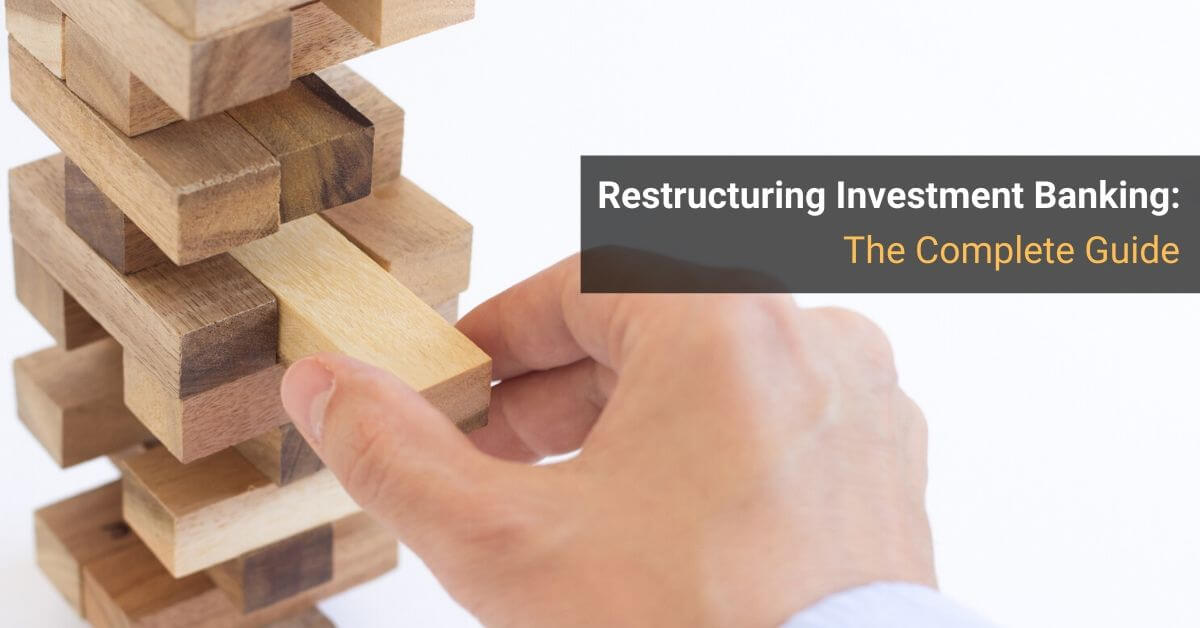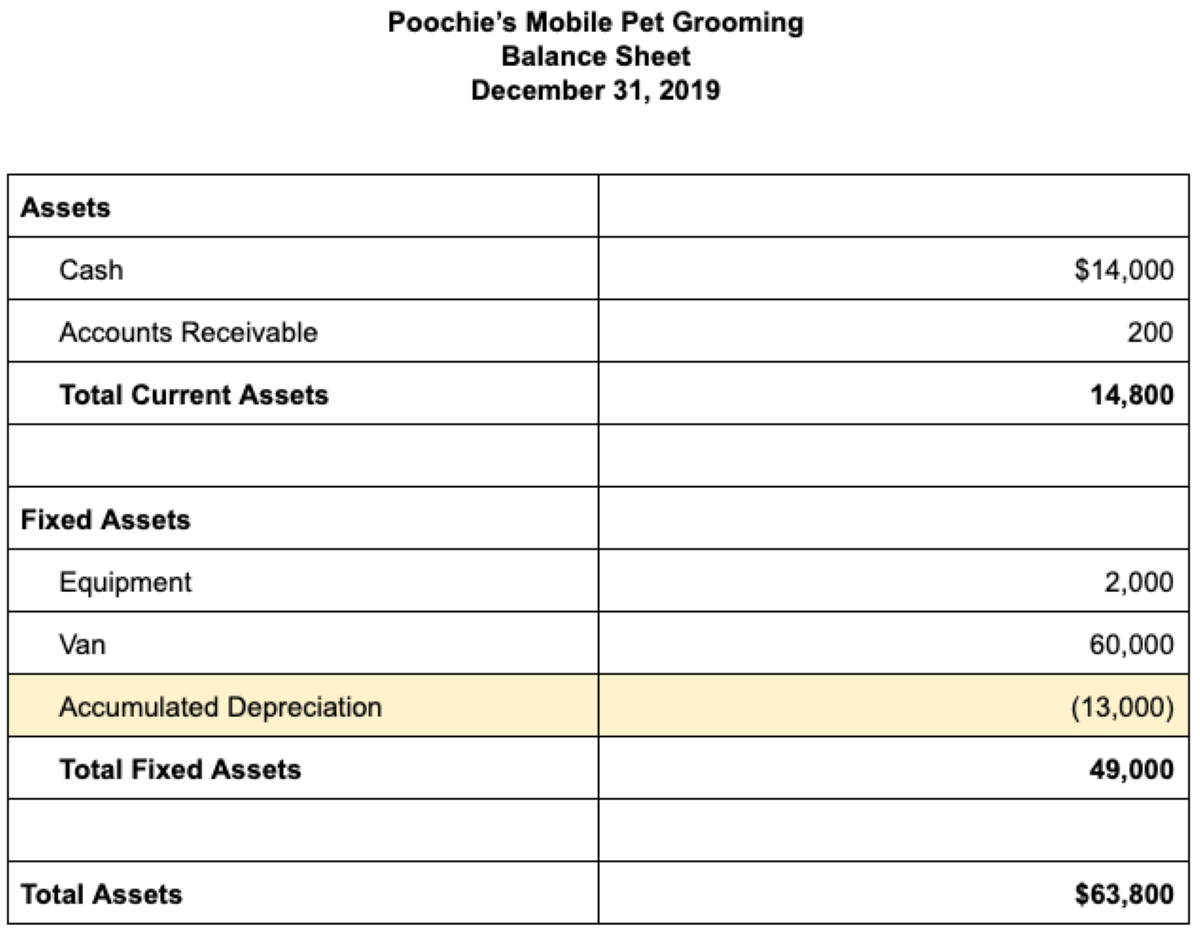

Finance
Debt Restructuring Fraud Definition
Modified: December 30, 2023
Learn the definition of debt restructuring fraud in the world of finance. Uncover common schemes and strategies used to deceive investors and manipulate financial systems.
(Many of the links in this article redirect to a specific reviewed product. Your purchase of these products through affiliate links helps to generate commission for LiveWell, at no extra cost. Learn more)
Understanding Debt Restructuring Fraud: Definition and How to Protect Yourself
Welcome to our FINANCE blog category, where we delve into various topics related to personal and business finances. Today, we’re going to shine a light on an important subject – debt restructuring fraud. In this blog post, we’ll define what debt restructuring fraud is, discuss how it can impact you, and provide some important tips to protect yourself from falling victim to this fraudulent practice.
Key Takeaways:
- Debt restructuring fraud involves deceptive practices by companies or individuals offering to help restructure your debts.
- Protect yourself from debt restructuring fraud by researching and verifying the credibility of the company or individual offering the service.
Now, let’s dive into the essence of debt restructuring fraud. Simply put, it occurs when fraudulent companies or individuals pose as debt restructuring experts and promise to help you reduce your debt burden by negotiating with your creditors. They often claim to have exclusive connections or advanced negotiation techniques that can magically lower your debt obligations. However, instead of assisting you, these fraudsters often end up worsening your financial situation.
Debt restructuring fraud can take various forms, but some common tactics include:
- Charging upfront fees: Fraudulent debt restructuring companies often demand substantial upfront fees before they begin their services. Once they have your money, they may disappear without delivering any results.
- Negotiating minimal debt reductions: Scammers may negotiate insignificant reductions in your debt obligations, which may not justify the fees they charged you. In some cases, they might not even negotiate on your behalf at all.
- Misappropriation of payments: Fraudsters may request that you make payments directly to them, claiming that they will distribute the funds to your creditors. Instead, they pocket the money, leaving your debts unpaid and potentially causing further damage to your credit score.
So, how can you protect yourself from falling prey to debt restructuring fraud? Here are some vital tips:
- Research and verify: Before entering any agreements with a debt restructuring company or individual, thoroughly research their background, credentials, and online reviews. Verify their legitimacy by checking with accredited industry organizations or government agencies.
- Avoid upfront fees: Legitimate debt restructuring companies typically do not charge upfront fees. Be cautious of any company that demands payment before providing any services.
- Consult with professionals: Seek advice from reputable financial advisors or credit counseling agencies when considering debt restructuring. They can guide you through the process and help you identify potential red flags.
- Monitor your accounts: Regularly monitor your bank and credit card statements to ensure all payments are being made as agreed. Stay vigilant for any unauthorized transactions or suspicious activities.
- Trust your instincts: If something feels off or too good to be true, it probably is! Trust your gut instincts and steer clear of any offers that don’t seem legitimate or trustworthy.
Remember, protecting yourself from debt restructuring fraud is crucial to safeguarding your financial well-being. By staying informed and following these tips, you can reduce the risk of falling victim to fraudulent practices.
That concludes our exploration of debt restructuring fraud. We hope this blog post has provided you with valuable insights and actionable steps to protect yourself. Stay tuned to our FINANCE category for more informative articles on managing your finances and avoiding financial scams.














